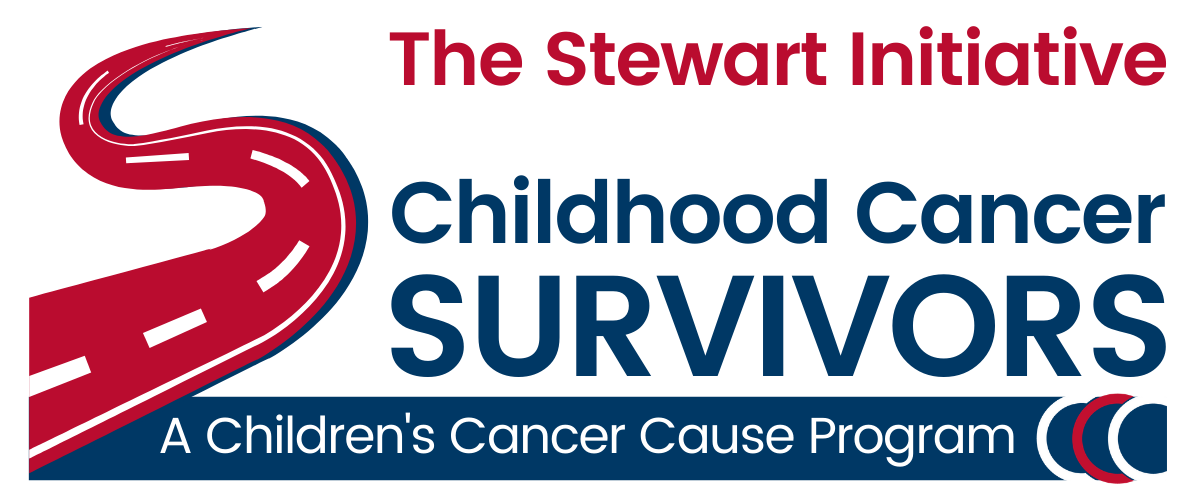Making appointments. Filling prescriptions. Knowing the details of your cancer history. That’s what we mean by transition readiness.
Ideally, transition planning is something your family started working on as a preteen, but there are plenty of resources to help you catch up and get you where you need to be.
If you’re a person with disabilities, we recommend the Transition to Adulthood guide from the National Resource Center for Supported Decision-Making. It includes information on how to ensure that young adults have the support they need to make healthcare decisions, how to access continued healthcare coverage and decide which kind of coverage to get, and how to find an adult-oriented doctor.
Are you ready to transition your care?
Key Resource: GotTransition
GotTransition, a program of The National Alliance to Advance Adolescent Health, has a mission of improving transition from pediatric to adult care through the use of innovative strategies. Although their resources are not oncology-specific, they’re useful for any young adult transitioning care.
Their transition toolkit is for families, to help navigate this transition of care together. It includes a list of questions to ask your doctor about transitioning to adult health care, a checklist for exploring decision-making supports, and an outline of systematic differences between pediatric and adult health care.
Here are some of the readiness assessment statements for you to consider as you talk with your care team and evaluate potential gaps in your self-care knowledge:
“I know what to do in case of a medical emergency.”
“I know the names and doses of my medications.”
“I fill prescriptions before they run out.”
“I answer questions on my own during medical visits.”
“I understand my insurance plan.”
Transition Readiness for Blood Cancer Survivors:
The American Society of Hematology (ASH) has developed a pediatric-to-adult transition toolkit specific for hematology patients and survivors.
“For Adolescent Patients, these forms should be used by the pediatric care team or other clinicians caring for youth to begin the conversation about the youth's needed skills to manage his/her hematologic health and health care.”

